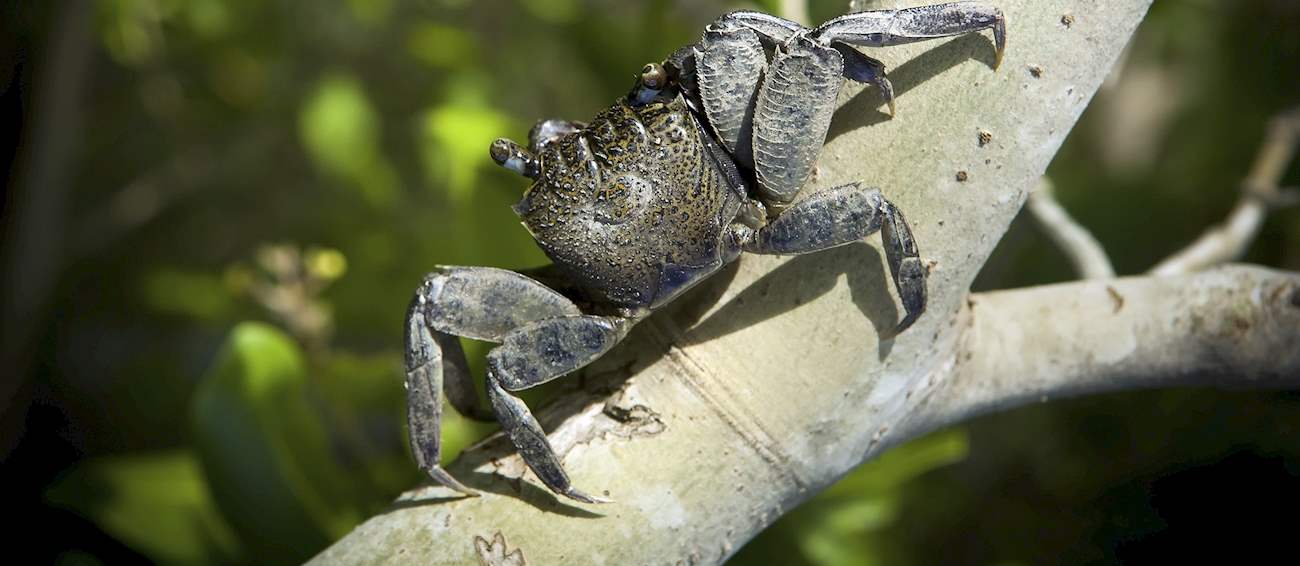THIS SPECIES IS AT RISK OF EXTINCTION. In the mangrove-lined salt waters in the Brazilian region of Sergipe resides a small crab with flavorful, delicate flesh. It is known as aratù, a crustacean belonging to the Grapsidae family, living either in holes in the sand or inside branches of the dense vegetation.
Traditionally, fishing for aratù is a women’s activity: they would draw the crabs into specially-designed wooden traps, then return to the village in the evening to share the catch with their families. However, these days, with the arrival of electricity, the situation has changed.
The women clean the crabs as soon as it is caught, and the meat is kept in freezers for people who buy it at insanely low prices only to be resold to nearby restaurants, where it is sold for more than double the original price. The women also see a reduction of aratù crab in the waters due to nearby shrimp farms and the exploitation by some local gatherers who fish and eat undersize crabs of pregnant females.
Due to a fungal disease, from 2000 to 2004, the daily catch of a more common type of crab, caranguejo, has fallen from 180 to 20, causing enormous problems for the aratù crabs which are now at risk of extinction.













